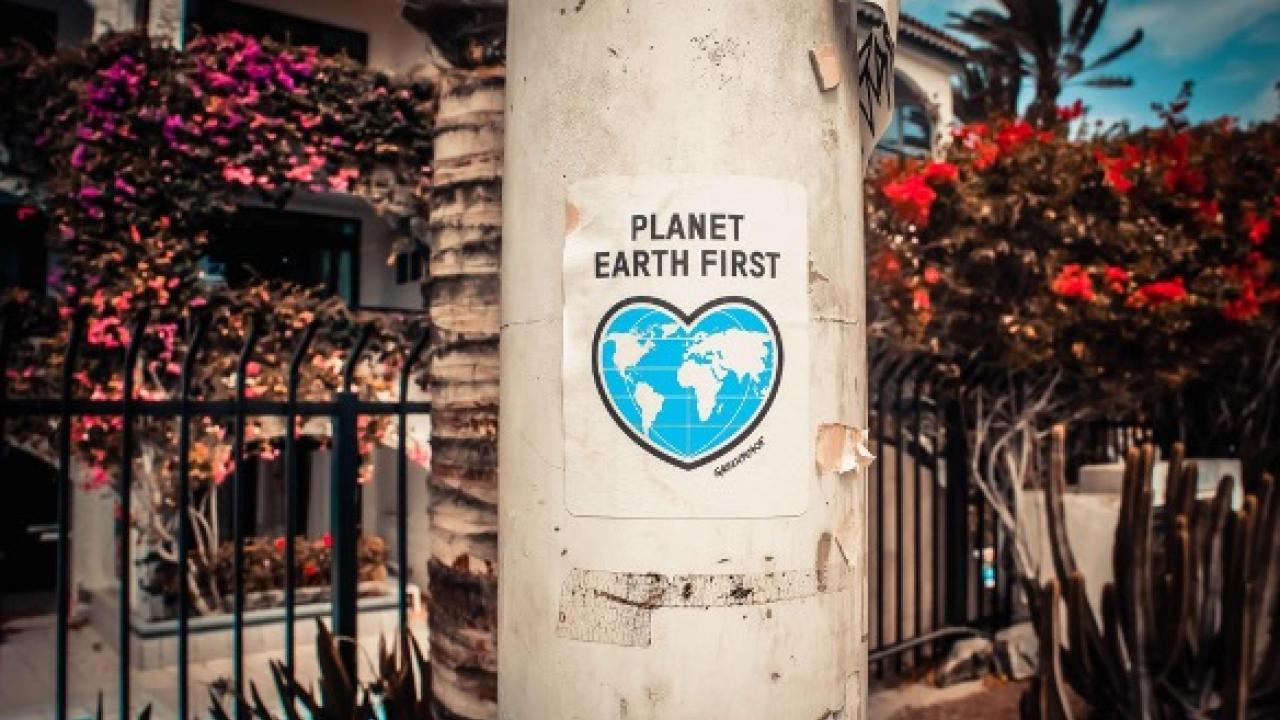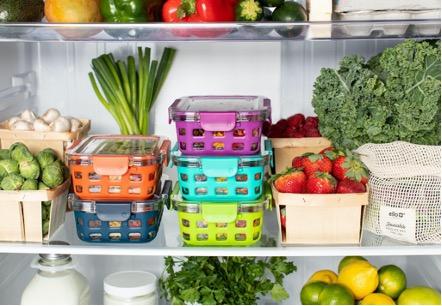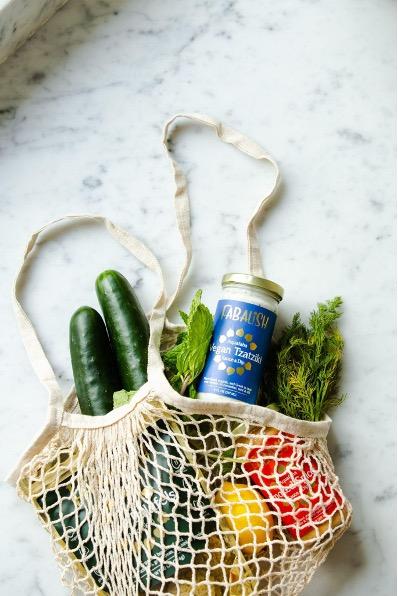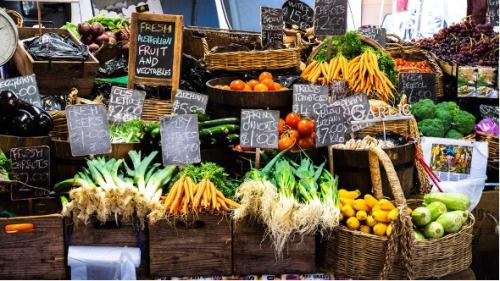
March - Fuel for the Future
Quick Summary
- National Nutrition Month’s theme for this year is “Fuel for the Future.” It is a campaign that encourages eating nourishing, tasty food while being mindful of our environment!
March is National Nutrition Month! This month is about making informed food choices and developing healthful physical activity habits.
National Nutrition Month’s theme for this year is “Fuel for the Future.” It is a campaign that encourages eating nourishing, tasty food while being mindful of our environment.
Here are some tips for enjoying our food with the environment in mind:
1. Enjoy more plant-based foods.

Eating patterns with lots of fruits and vegetables has been shown to lower risk of heart disease, diabetes, and certain cancers. A plant-based diet is full of fruits, vegetables, nuts, whole grains, and legumes, and is low in refined foods. It does not mean that you are vegan or vegetarian, just that you choose food from plant sources proportionately more than from animals. As for the environment, plant-based diets are linked to lower greenhouse emissions, cropland use, irrigation water, and nitrogenous fertilizer use compared to animal-based diets. For this month, try a plant-based recipe at least once a week!
2. Minimize your food waste.

When food waste is not composted, it ends up in landfills where it rots and releases methane gas. Minimize food waste by planning meals ahead of grocery runs so that you avoid over shopping for foods that could potentially go bad. Check your fridge and pantry beforehand for ingredients you already have. This will also make your wallet happy. Additionally, get creative with leftovers by transforming them into soups, salads, and sandwiches. View this guide for additional tips on reducing food waste.
3. Purchase foods with minimal packaging.

Plastic pollution contaminates oceans, forests, and our water supply. You can help reduce this by limiting your use of single-use plastics. Bring a reusable bag and smaller woven bags to carry your produce and other food items on your next grocery trip or farmers market visit . Purchase produce items that are packaged in compostable materials, if available. Bring your own jars to grocery stores with bulk food areas. Check out this guide to recycling, reusing, and repurposing plastic items.
4. Buy foods in season and shop locally when possible.

Eating seasonally and locally not only guarantees you the freshest, tastiest food, but it also reduces your carbon footprint. When you shop locally, your food does not have to travel thousands of miles before it reaches your plate. Your purchases also help your local economy.
5. Start a backyard garden to grow your food at home.

You do not need a big backyard to start growing some of your food. Patios and balconies work just fine to start a garden with the fruits, vegetables, and herbs you enjoy. Unlike food purchased at the grocery store, you are in charge of watering and fertilizing. It is also cheaper.
Additional Resources
View the Academy of Nutrition and Dietetics’ resource page for additional tips on how to meet your nutritional needs while being environmentally sustainable.
Check out this guide to common fruits and vegetables of different colors for when planning your next grocery trip.
Seasonal Foods and Recipes
Vegan Minestrone Soup with Potatoes and Kale
This hearty stew combination of earthy potatoes, mushrooms, kale, and white beans makes is a perfect comfort food.
Sweet Potato and Carrot Tinga Tacos
These smoky and spicy tacos are made with sweet potato and carrots in a chipotle, tomato sauce. Pair with warm tortillas and a slice of avocado for creaminess.
Crispy Peanut Tofu & Cauliflower Rice Stir-Fry
The secret to crispy tofu is to bake instead of fry. Try this peanut-y, sweet tofu with cauliflower rice if you are feeling a rice bowl with delicious vegetables.
Sources:
Datz. “Healthy Plant-Based Diets Better for the Environment than Less Healthy Plant-Based Diets.” News, 10 Nov. 2022, https://www.hsph.harvard.edu/news/press-releases/healthy-plant-based-diets-better-for-the-environment-than-less-healthy-plant-based-diets/#:~:text=Participants%20who%20consumed%20healthy%20plant,based%20and%20animal%2Dbased%20foods.
Sakkas, Hercules, et al. “Nutritional Status and the Influence of the Vegan Diet on the Gut Microbiota and Human Health.” Medicina (Kaunas, Lithuania), U.S. National Library of Medicine, 22 Feb. 2020, https://www.ncbi.nlm.nih.gov/pmc/articles/PMC7073751/.